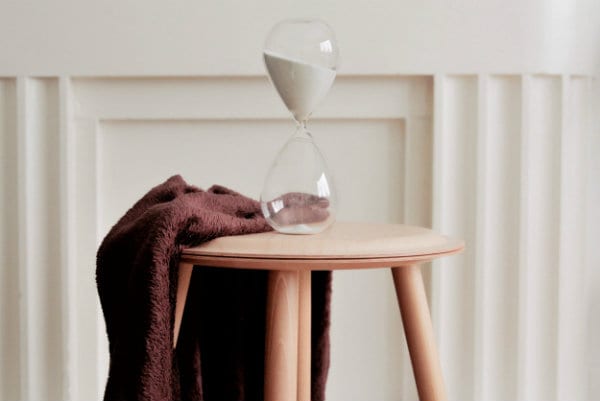But it’s not the chemicals or elbow grease that’s undermining women’s physical health: it’s the guilt about whether they are doing their “fair share”.
A new analysis of data from the International Social Survey Programme examines the link between working hours, household chores and physical health.
Women in 24 countries were asked to rate the amount of housework they did each day in terms of their perceived “fair share” and they also ranked their physical health levels, over a two-year period.
Candice Thomas, the paper’s co-author and an assistant professor of psychology at Saint Louis University told The Guardian the findings were surprising. “How much you work at home is impacting health in a way we didn’t expect,” she said.
The study, published in the Sex Roles journal, shows that that women working long job hours are more likely to report decreased physical health and that this relationship is moderated by the hours and fairness perceptions of household labor.
Unsurprisingly, the lowest physical health was observed at high job hours and high household hours, but also when women felt that they did less than their fair share of houseworks. The negative relationship between job hours and physical health was stronger when women worked lower household hours or felt that they contributed less than their fair share of household labor—suggesting that maintaining a contribution to household labor might be important for working women.
The report concludes that how women feel about the distribution of housework really matters.
And herein lies a dilemma for women. It is a proven, indisputable fact that women do vastly more housework than men in every country in the world. Yes, there are certainly households where this doesn’t ring true but they are the very rare exception, not the rule. We know this. In the realm of domestic labour women reign supreme…and yet it is women who are becoming ill from the guilt when they perceive they are not doing enough?
How is that for a double-edged sword?
The worst bit is I don’t find it difficult to believe. There are some predictable, tiresome generalisations about men and women and housework that I care very little for. I do not, for one moment, believe that one sex is better equipped biologically for tidying, preening, cleaning or cooking than the other. (I believe this is a rather convenient, and inevitable, conclusion drawn from centuries of that being the accepted practice.)
Cooking, cleaning and laundering are skills, like parenting, learned on the ground. Any individual at the coal face of these activities will, soon enough, learn enough to get by.
Despite this the outcomes of these mundane activities are perceived as overwhelmingly feminine responsibilities that go to the heart of a woman’s purpose. The art of making a home and keeping everyone well-fed, in freshly laundered clothes, with tidy rooms and regularly changed sheets and towels, hang heavy on the shoulders of many women, even in spite of themselves.
I am no domestic goddess, not even close, yet I chastise myself often over myriad shortcomings in the home. Shortcomings that are inevitable in a home with three small children, with two working parents and matter not.
Where does this guilt come from, I often ask. Where have I found these exacting standards and why am I so set on wielding them above my head as the sword of Damocles?
It is the subliminal image I have absorbed over the years about the role of a homemaker. It manifests itself most starkly when there are people – even close friends – visiting and suddenly a house that is not perfectly ordered, organised and sparkling clean is woefully inadequate. A mad cleaning frenzy inevitably ensues.
I know I am not alone in this regard and I also know it is an affliction very few males suffer. Not because they are sloths who don’t care for how their home presents but rather, from what I can gather, the appearance of their house is not a reflection or a mark of them as a person. And yet for many women, I’d even venture most, subconsciously it is.
We are primed to understand our role in the keeping of a home is paramount. Which is why I am unsurprised, while also dreadfully sad, to discover that when females believe they’re not “doing enough” on the home front it’s enough to make them sick.


